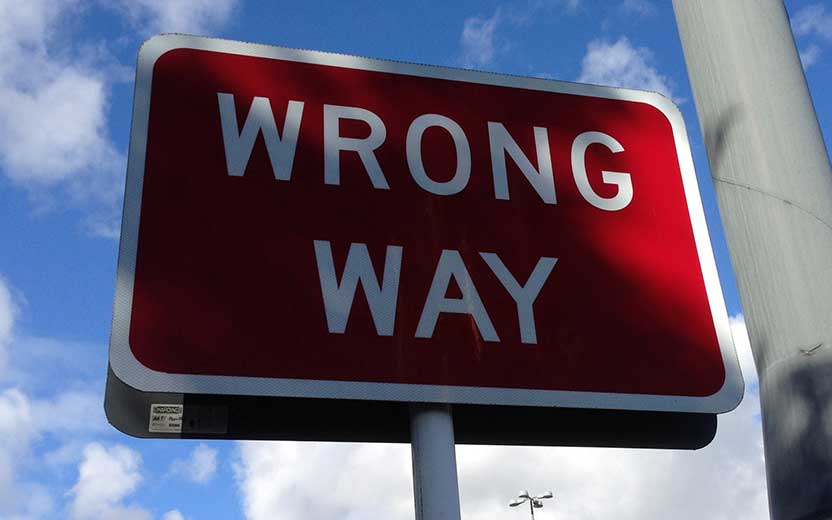By Marcus Fernandez
As a state, Florida has a great deal to offer as both a tourist destination and as a place to call home. But one way in which it is lacking is road safety. There were 390,669 accidents on Florida roads last year that caused almost 250,000 injuries. With 28,337 of the accidents and 12,146 of the injuries occurring in Hillsborough County. Hence why receiving compensation for a traumatic brain injury caused by a car accident is a common question amongst residents.
Head injuries are common in car accidents as the force of a collision causes a person’s head to move around making contact with glass and metal surfaces. Motor vehicle accidents are responsible for 13.2% of the traumatic brain injuries suffered each year by people in the United States.
Traumatic brain injuries can have serious long-term consequences for victims of car accidents who may be entitled to recover damages, including compensation for pain and suffering. This article looks at how traumatic brain injuries occur, the effect they have on a person, and what accident victims can do to make the drivers responsible for causing the accident pay for their negligence.
What is traumatic brain injury?
The brain controls everything about you, including your thought processes. It controls the way you move; what you see, hear, smell, taste and touch; how you behave; and your speech. As the control center of your body, everything about who you are and what you do is controlled by an organ weighing approximately three pounds encased in a protective skull and membrane.
There are different parts of the brain with each part controlling a vital bodily function, thought process and movement. Without going too deeply into the science of how the brain works, take the cerebellum as an example.
The cerebellum is located in the section of the brain known as the hindbrain along with the spinal cord and brainstem. The hindbrain controls the heart, lungs and other vital functions of the body with the cerebellum controlling movement. Your ability to move and coordinate those movements is the responsibility of the cerebellum.
Damage to the cerebellum could make coordinated movements, such as throwing a baseball, impossible. Although the skull generally performs its function of protecting the brain fairly well, there are limits to what it can do to protect the brain from harm.
A traumatic brain injury, which is commonly referred to as a TBI, occurs when brain function is altered by an external trauma, such as a fall, a car accident or an assault. Sports, such as football, soccer, lacrosse, and other sports activities that may subject a participant’s head or body to a forceful impact can cause a TBI.
Types of Traumatic Brain Injuries
When an injury to the brain does not cause penetration or breaking of the skull it is referred to as a “closed brain TBI” or a “non-penetrating TBI.” An external force, such as a car crash, may be powerful enough to cause a person’s head to undergo rapid movement resulting in the brain being injured as it strikes against the inside of the skull cavity.
The other type of TBI is when a break or peircing of the skull damages brain tissue. A gunshot to the head is an example of a penetrating or open brain TBI.
What happens when the brain is injured in a car accident?
A TBI may actually cause two injuries to the brain. Firstly, a primary injury at the moment of impact. And later, a secondary injury that may not be discernible to medical personnel until hours or days after an accident. What doctors examining you observe through your symptoms are the immediate effects of the crash on your brain.
The changes your brain cells and tissues undergo over time as a consequence of the initial trauma, and the amount of destruction those changes do to your brain are the secondary brain injury. This second brain injury may not become apparent for hours or days. If you lose consciousness during the crash, the primary injury may leave you with neurological issues when you wake up.
Effects of a TBI
Immediate effects of a TBI may include loss of consciousness, coma, memory impairment, and fatigue that should diminish over time. However, effects of secondary brain injury may take time to reveal themselves and may last longer or be permanent. Long-term effects of TBI may include:
- Cognitive difficulties, including impaired decision making and reasoning.
- Sensory impairment, including double vision, nerve damage, and loss of the ability to smell or taste.
- Difficulty with speaking, writing, and other communication skills.
- Behavioral issues, including aggression and lack of self-control.
- Depression, anxiety, and other emotional issues.
In order to recover the compensation that you deserve because of the effects of a TBI, your Tampa personal injury attorney must prove that your cognitive and other difficulties were the result of the car accident that was caused by the person being sued. Your medical records will be key evidence in proving the connection between TBI and any impairments that developed.
Keep in mind that effects of the TBI may take time to develop. So, you must have any new symptoms evaluated and diagnosed by your doctor. This ensures they become part of the medical record linking them to your primary injury in the car accident.
Damages recoverable for compensation due to a traumatic brain injury
How much you recover in compensation depends, in part, on the extent of the impairments caused by your injury. Some of the factors affecting your ability to recover compensation include:
- Medical expenses and rehabilitation costs incurred.
- Lost past and future earnings because of an inability to work. Or a diminished earning capacity caused by the effects of a TBI.
- Occupational therapy and vocational training that you require.
- Physical pain and emotional suffering you endured.
- Loss of enjoyment of life caused by the effects of the TBI.
A legal consultation with a Tampa personal injury attorney experienced in handling car accidents and TBIs can help. They can offer a better understanding of the damages you may be entitled to.


